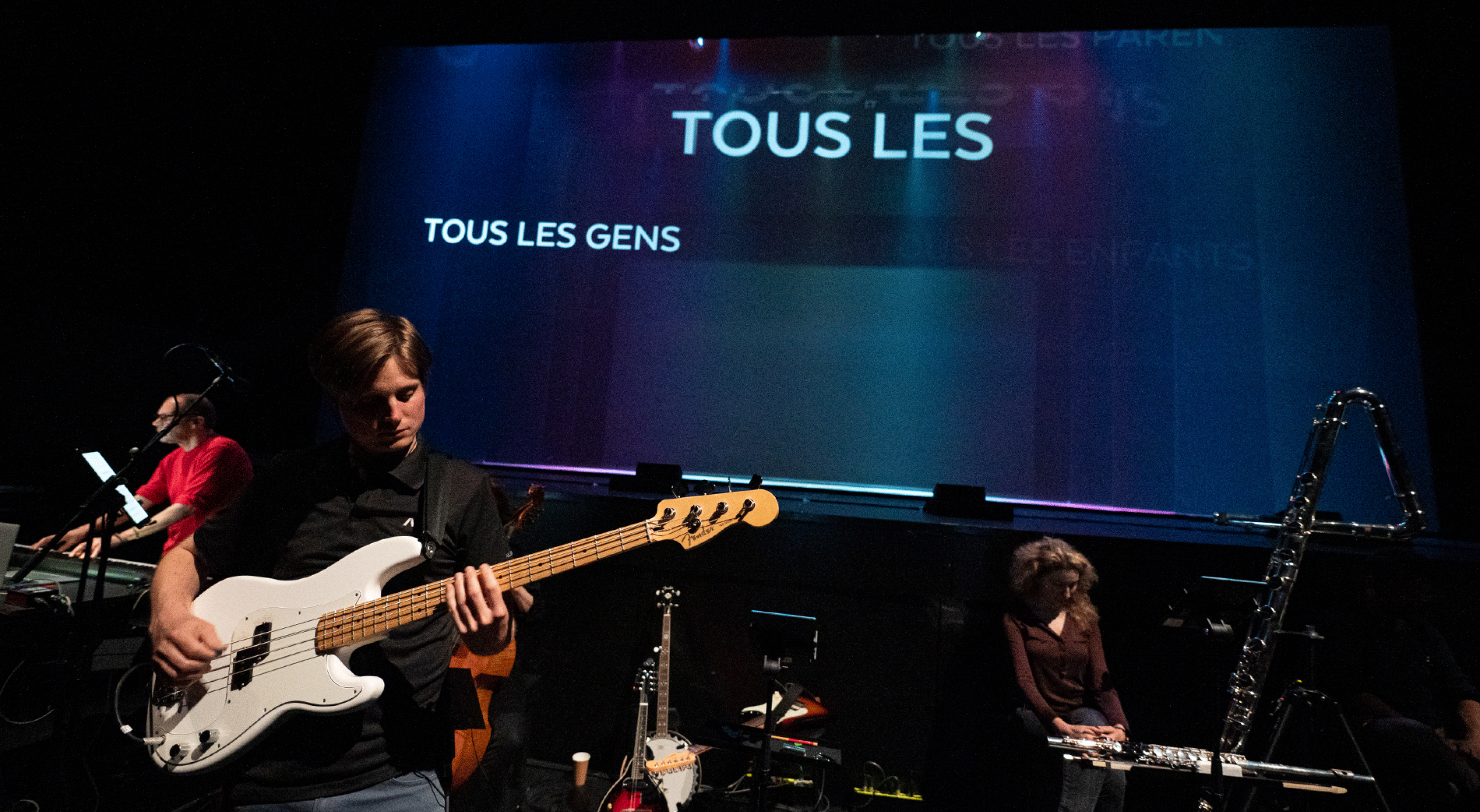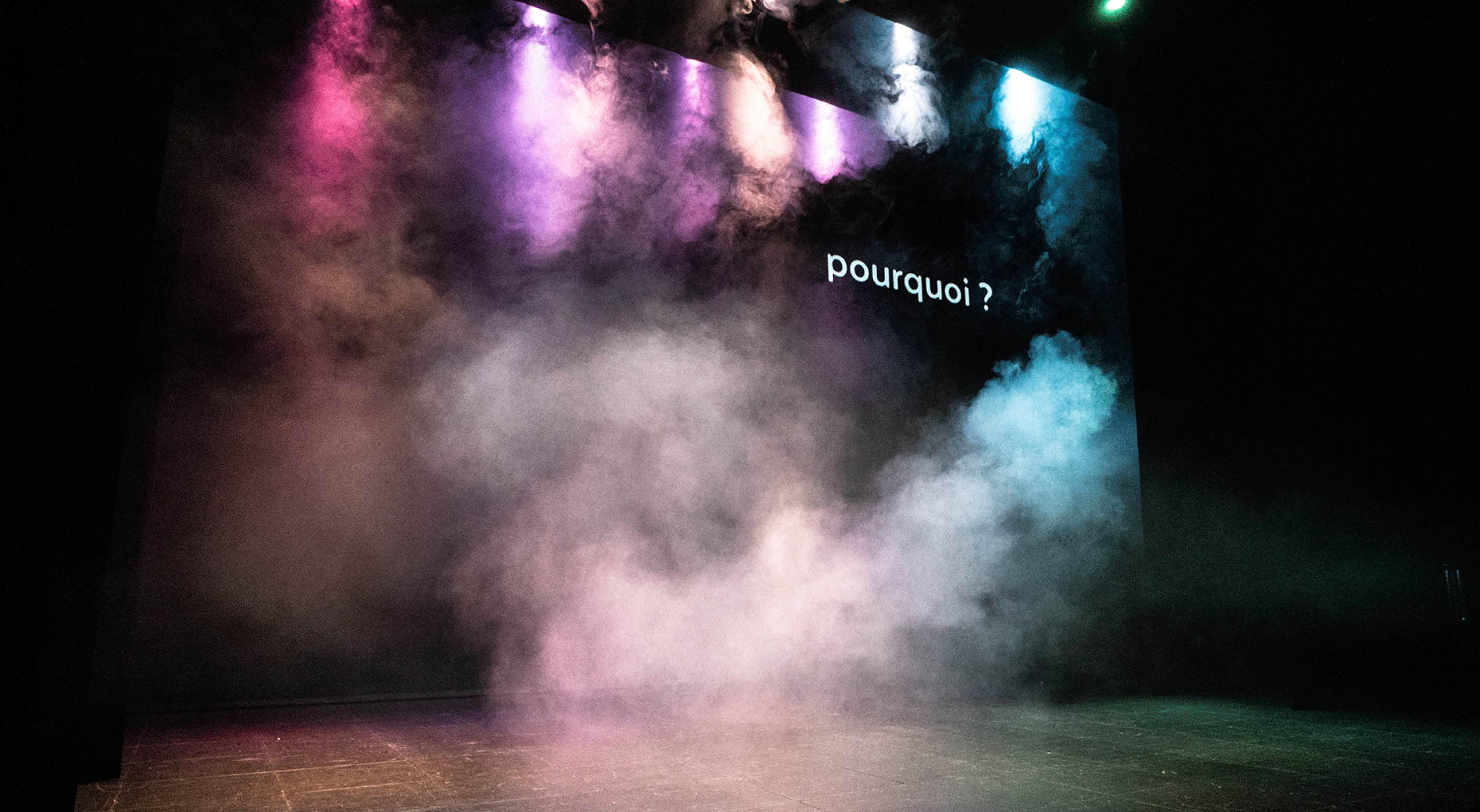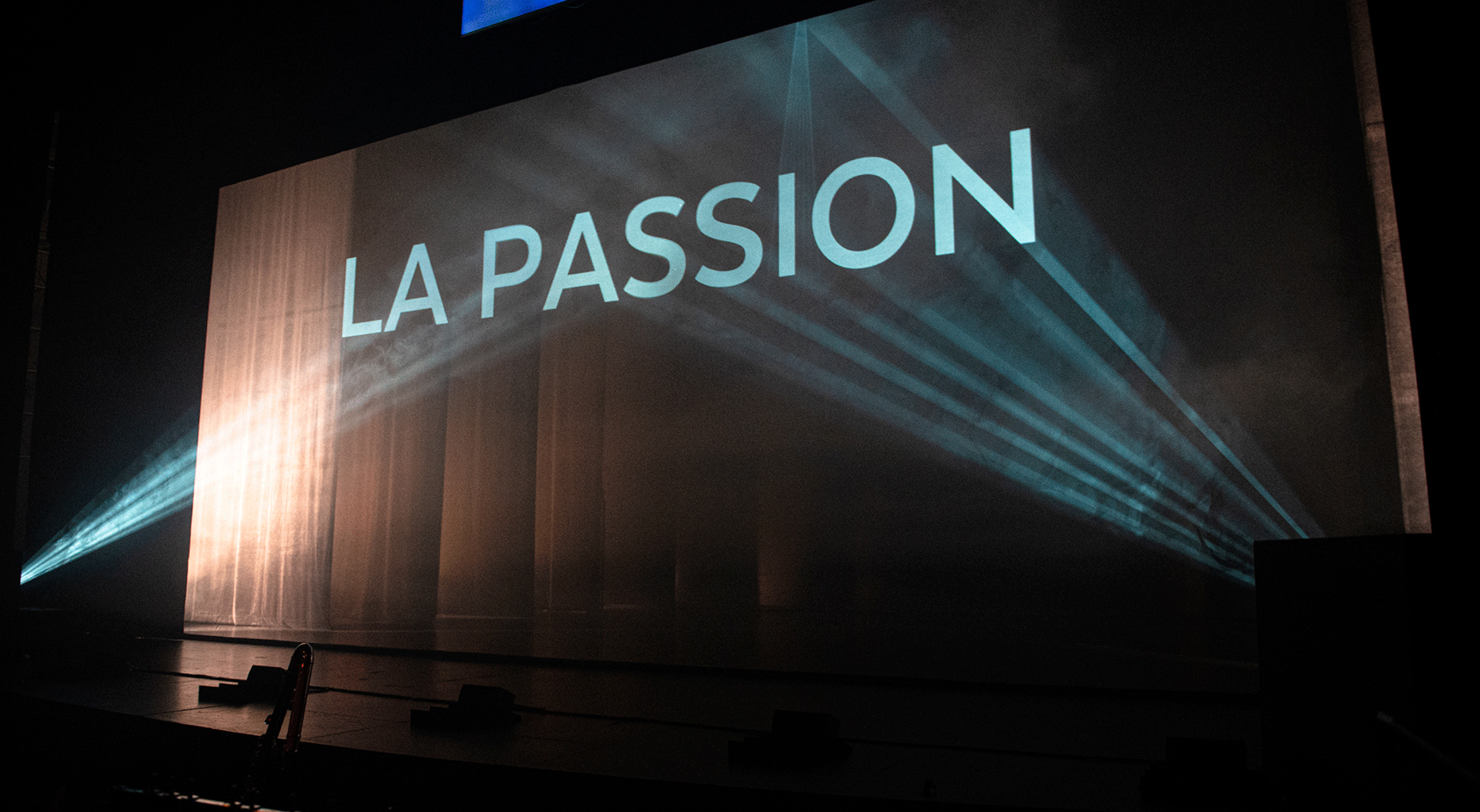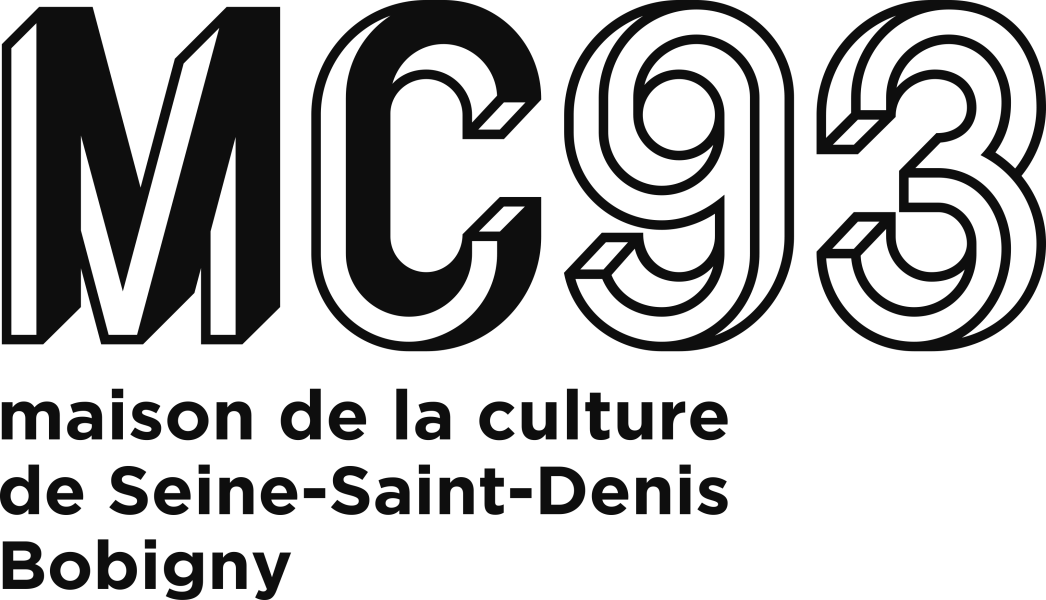Encyclopédie de la parole / Joris Lacoste Pierre-Yves Macé, Sébastien Roux, Ictus
Suite n°4
novembernov 3 – 6
Design, Encyclopédie de la parole & Ictus
Stage work composed by Joris Lacoste
Instrumental music composed by Pierre-Yves Macé
Electro-acoustic music composed by Sébastien Roux
Staging, Joris Lacoste
With Hugo Abraham (double bass, electric bass), Tom De Cock (percussion), Chryssi Dimitriou (flutes), Luca Piovesan (accordion), Jean-Luc Plouvier (electric organ), Eva Reiter (viola da gamba, Paetzold's flute), Primož Sukič (electric guitar, mandolin, banjo)
Document collection, Joris Lacoste, Oscar Lozano Pérez, Élise Simonet
Sound, Stéphane Leclercq et Alexandre Fostier
Lights and stage design, Florian Leduc
Graphic and video design, Oscar Lozano Pérez
Artistic collaboration, Élise Simonet, Oscar Lozano Pérez, Nicolas Rollet
Stage manager, backline, Cora Oosterlink
Production and administration, Edwige Dousset et Garance Crouillère assistées de Victoire Costes
Langages, italian, german, french, hebrew, thaï, spanish, japanese, malayalam, swedish, dutch, arabe, portuguese, napolitain, russian, scottish gaelic, korean, soussou, shanghaïen, catalan, sicilian,greek, tomáraho
Collectors, Harris Baptiste, Charlotte de Bekker, Tom Boyaval, Sachith Joseph Cheruvatur, Sibel Diker, Julie Etienne, Lucas Guimarães, Otto Kakhidze, Priscila Natany, Nicolas Rollet, Ghita Serraj, Prodromos Tsinikoris, Ece Vitrinel
With support from Naby Moïse Bangoura, Anne Chaniolleau, Maria Cojocariu, Hélène Collin, Pauline et Balthazar Curnier-Jardin, Guillaume Deloire, Monica Demuru, Maria Clara Ferrer, João Fiadeiro, Karin de Frumerie, Fanny Gayard, David-Alexandre Guéniot, Hanna Hedman, Oleg Khristolyubskiy, Anneke Lacoste, Kathy Kyunghoo Lee, Sabine Macher, Federico Paino, Jin Young Park, Sergiu Popescu,;Kittisak Pornpitakpong, Irina Ryabikina, Bernhard Staudinger, Giorgia Vignola, Ling Zhu
Produced by Échelle 1 :1, in partnership with Ictus
With support from the Fondation d’entreprise Hermès as part of its New Settings program
Co-produced by MC93 – maison de la culture de Seine-Saint-Denis; Théâtre National de Strasbourg; Wiener Festwochen; KunstenFestivalDesArts; Ensemble Ictus; Teatro Municipal do Porto; Le Quartz –Scène Nationale de Brest; Festival Musica; Kaaitheater; Festival d’Automne à Paris
With the participation of Dicream
Residence hosted by SUBS in Lyon; MC93 – maison de la culture de Seine-Saint-Denis; Théâtre National de Strasbourg
Échelle 1 :1 has a contract with the Ministry of Culture/Drac Île-de-France, Conseil régional d’Île-de-France, and Institut Français de Paris for tours abroad
Ictus is supported by the European Commission; the Communauté Flamande – Vlaamse Overheid, and Vlaamse Gemeenschapscommisie
Special thanks to Pierre-Olivier Boulant
Co-directed by MC93 – maison de la culture de Seine-Saint-Denis (Bobigny); Festival d’Automne à Paris
In the last show of the choral suite series, Encyclopédie de la parole has chosen to make audible, in a direct way, the material that composes its sound collection and of which it makes use of in the writing of its shows: recordings of the spoken word.
In Suite nº4, it is no longer a question of actors lending their bodies to disappeared voices, but rather that of the characters themselves who return from the past in order to speak to us with their own voices, original melody, inimitable timbre, and breathing. By means of Sébastien Roux’s sound design, the spoken words are the vehicle for spaces, images, situations, and segments of tension or emotion, in addition to events both major and minor. Similar to opera, the voices are underpinned and carried away, or along, by the instrumental music, performed here by seven members of the Ictus ensemble. The score by Pierre-Yves Macé shifts the focus of our listening and reveals hidden accents. This blending of the acoustic and the electric, and also the summoning up of associations of unique timbres, has the effect of exacerbating our perception. It gives rise to a sort of theatre of ghosts, with the difference being that these ghosts – who speak, whisper, shriek, desire and regret, dance, suffer, exalt, live and do not want to die – are ghosts that are very much alive. By picking up on the minute, infinite modulations of the human spoken word, Suite nº4 is a celebration of life at its most lively and fleeting. The piece is the means by which “the inflection of dear voices gone silent“ can be heard one last time.
See also
In the same place



